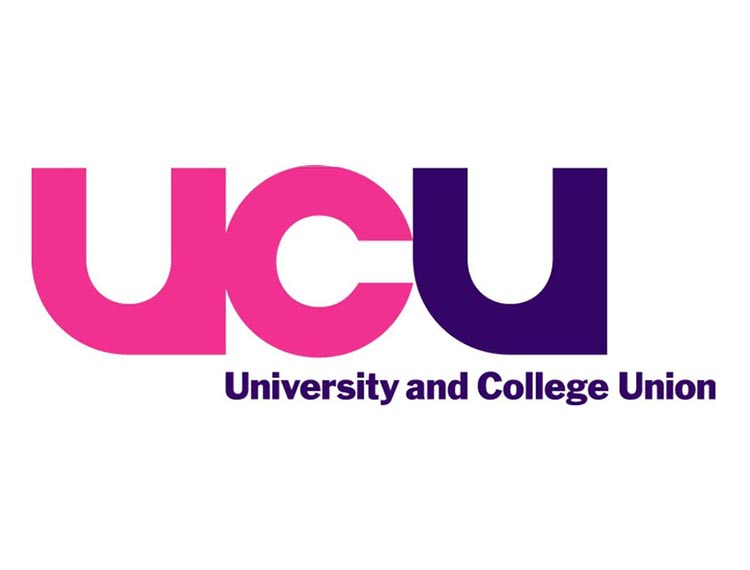Latest data highlights steep rise in unconditional university offers

Data released today (31 Jan) by UCAS has shone another spotlight on the increase in the use of unconditional offers at universities.
The number of institutions in England, Wales and Northern Ireland where unconditional offers accounted for more than 1% of all offers shot up from 16 in 2013 to 85 in 2018.
In 2013 there were just three institutions where unconditional offers made up at least 10% of all offers. In 2018 that number had jumped to 62, with eight institutions making at least half of all offers on an unconditional basis.
|
|
2013 |
2018 |
|
Number of institutions where at least 1% of offers made by the institution were unconditional |
16 |
85 |
|
Number of institutions where at least 10% of offers made by the institution were unconditional |
3 |
36 |
|
Number of institutions where at least 20% of offers made by the institution were unconditional |
0 |
18 |
|
Number of institutions where at least 50% of offers made by the institution were unconditional |
0 |
8 |
The University and College Union (UCU) said it was time for a radical overhaul of university admissions and a shift to a system where students apply to university after they receive their grades. The union said such an approach would be fairer for students, bring the UK into line with the rest of the world and eliminate the use of unconditional offers as well as the chaotic clearing process.
UCU head of policy, Matt Waddup, said:
‘The easiest and best way to tackle the increase in the use of unconditional offers is to move to a system where students apply to university after they receive their results.
‘Allowing students to apply after they receive their results would make these type of unconditional offers redundant, bring us in line with the rest of the world and end the chaotic clearing scramble.’
Education Secretary Damian Hinds said:
While there are some cases and subjects, like fine art, where unconditional offers have long had a place, I have been clear that the steep rise in unconditional offers across a wide range of subjects is disturbing.
But what is particularly alarming in the UCAS data out today is the huge variation across institutions in their use of unconditional offers and the proportion of ‘conditional unconditional’ offers pushing students into making a university their first choice.
I believe this widespread practice is not in the best interests of students and could even be harmful to their future and achievements. OfS data show that students who accept unconditional offers are more likely to miss their predicted grades by two or more grades, ultimately putting them in a worse off position. Your academic achievements stay with you and even with a degree, employers will still look at your A Level grades.
That’s why I am urging universities to use their offers responsibly and not simply use unconditional offers to get students through the door. In today’s report institutions have provided context with their figures and where they cannot be justified I have made clear to the Office for Students that they should use the full range of powers at their disposal to take action.











Responses